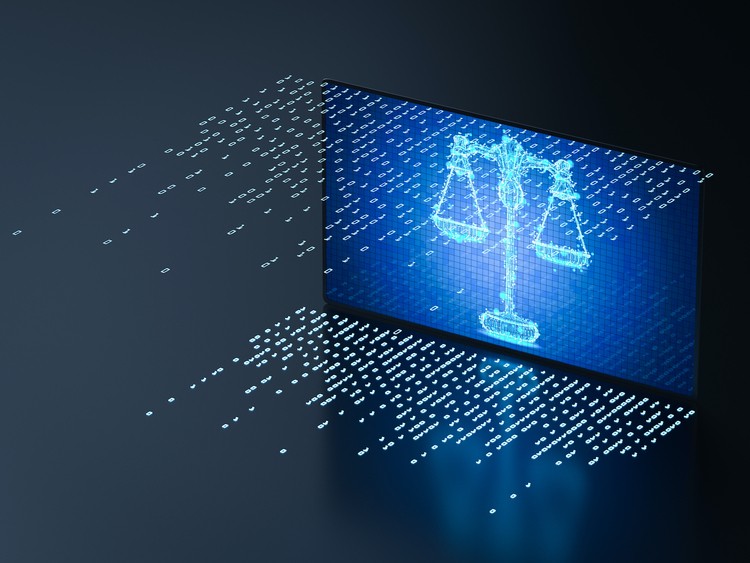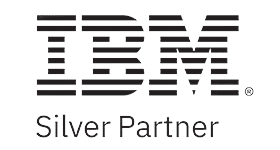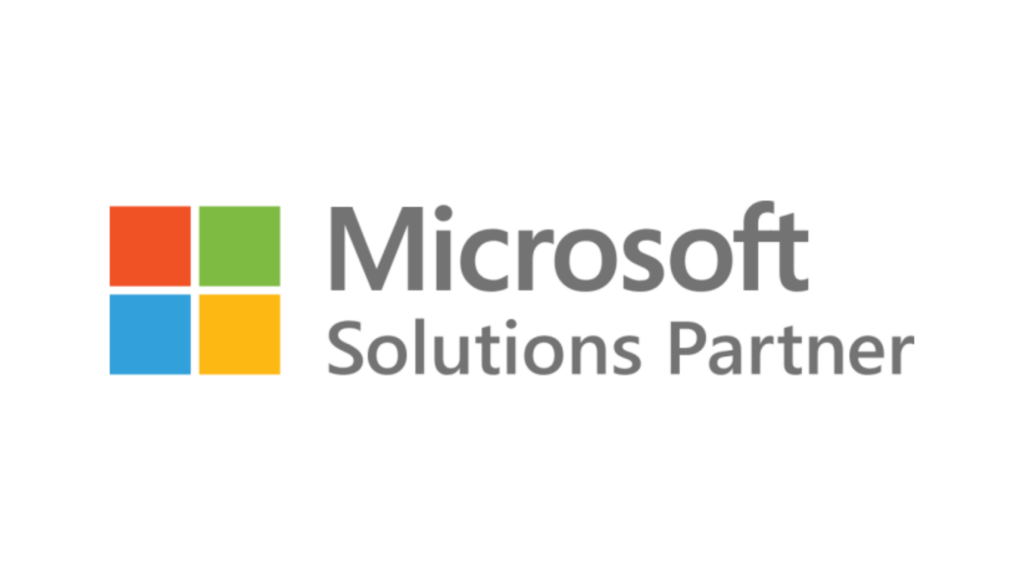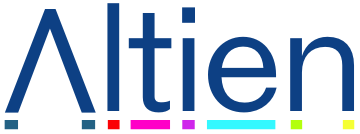
Legal professionals understand the absolute importance of following the correct processes when working on a matter. Failing to adequately follow any of these processes can lead to dire consequences down the road, whether that be in a courtroom, with the regulators, or years down the line with a badly worded contract. Whether contract drafting, litigation, eDiscovery or due diligence, much of the work in legal teams is driven by established flexible processes and procedures. However, despite this process-driven work, the way in which legal teams operate is evolving as new technologies, tools, and workflows emerge.
Technology in the legal profession has opened up new opportunities to streamline processes and create a more efficient way of working. In-house legal teams are now beginning to utilize technologies such as document automation solutions and automated compliance tools to optimize their workflow, support more flexible working patterns, and improve overall productivity.
How general counsel work has changed
How we all work has changed in response to the Coronavirus pandemic when knowledge workers worldwide were forced to work from home. In-house legal teams are no different. Roughly 63% of in-house counsel have schedules that include both remote and on-site work, according to a 2022 survey of more than 2,000 professionals. With more hybrid and remote working on the rise, 9 to 5 commitments must be put on hold so that knowledge workers can perform their best regardless of hours worked – instead, it’s about outputs and how efficiently processes are managed with the help of technology.
This shift has created a unique challenge for legal teams where following the process is key to protecting the company from risk. To make sure these processes continue despite distributed working, increased reliance on technology and a new collaborative working style have been required. It’s clear that through dedication and a willingness to embrace tech-savvy solutions, in-house legal teams have continued their important role even under unconventional circumstances.
In-house legal teams also face unique security requirements that involve careful consideration. Technology is an important tool to manage and protect the confidential information they are responsible for. In some instances, a Litigation matter might be so sensitive that it’s deemed that only those that need to know are allowed to be aware of it. In other cases, like M&A deals, more sophisticated systems, such as ‘Chinese walls’, may be needed to prevent conflicts of interest. In both these scenarios, technology can help manage the legal team’s security requirements effectively and confidently, ensuring trust and safety across the organization can continue to be held without the worry of lapses or gaps in secure information access.
To succeed today, law firms and in-house legal teams must navigate the complexities of a constantly changing legal and regulatory landscape. Technology can help capture, streamline and simplify processes, allowing teams to work faster, smarter, and more efficiently. But how can legal tech vendors support this?
Out-of-the-box solutions are unlikely
Firstly, it’s important to understand that out-of-the-box solutions are unlikely to work due to the fact that there is no single defined process framework for how legal teams operate. Therefore, the tech solution will need to be configured to how each specific company manages their legal workflow. It should be flexible enough to grow with you as your internal understanding of the processes evolves or adapt to the ever-changing legal or regulatory landscape.
While there are many advantages to using a legal tech solution, it’s important to note that customization is often required for it to work effectively within an organization’s existing structure. This can be a challenge because it requires an understanding of both technology and the law. Any legal tech vendor chosen must have experience with both areas so they can properly configure the system to meet the needs of their clients.
Provide support for people – not just processes
Legal tech vendors are increasingly supporting in-house legal teams with innovative solutions. These solutions are designed to enable teams to work more efficiently, collaborate better, and ensure that processes are adaptable. Legal tech vendors understand that in-house teams need to be able to track the progress of their assigned tasks and keep records of the activities. This is crucial for ensuring that nothing falls through the cracks and that all team members have visibility over what is going on. To this end, legal tech vendors provide a system of record which shows outputs, not hours – allowing people to work in the way they want while still providing clear visibility into matter status and completion.
Another area where legal tech vendors are providing great value is through integration with key collaboration tools such as Microsoft Office 365, Microsoft Teams, Slack etc. This allows users to access features such as document sharing, real-time chat and video conferencing directly from within the vendor’s platform – making it easier than ever before for in-house teams to communicate effectively and stay up-to-date on projects, which is especially important in the era of hybrid/remote work. These technologies, however, need to be carefully moderated to ensure that legally privileged information is not accidentally captured in users’ personal chat logs, potentially liable to discovery in future litigations. Instead, legal should manage their own teams and channels specific to their matters for this communication to occur. An added benefit is that this essentially ad-hoc communication is now just as important as email as a matter of record, and being placed with the matter means that new team members get the full context of the history. Finally, many legal tech vendors offer data analysis and reporting capabilities which help in-house teams gain insights into their processes and performance levels. By accessing data such as task allocation, progress and completion metrics, teams can assess how effective their operations are – identify areas for improvement – and ensure that they remain compliant across all areas of their business.
Remove the admin, and make people’s time valuable
In-house legal teams can benefit from utilizing technology to streamline their processes and make their time more valuable. By removing the need for admin, in-house legal teams can focus on more important tasks. This can be achieved through a variety of means.
In today’s world of instant communication, it’s important to respond quickly to matters without going through burdensome administrative processes. By simplifying the process of creating new matters directly from email or allowing business users to directly submit their matter requests through a legal front door, in-house legal teams can save time on manual data entry while ensuring accuracy. This also allows legal teams to quickly review matters as they come in and prioritize any urgent needs.
In-house legal teams can also use agile methods such as Kanban boards to manage workflows efficiently. This provides a visual representation of tasks and progress, allowing members to easily track their progress towards completion. It also helps ensure that tasks are completed on time, reducing delays due to administrative issues or miscommunication between team members. While having a central document repository with easily configured access and permissions ensures that all documents are securely stored and accessible only by authorized personnel, reducing the risk of unauthorized access or data leaks. It also makes it easy for team members to search for documents quickly, saving time spent on manual document retrieval.
Finally, using cloud services or Software as a Service (SaaS) solutions reduces the need for system admin while still providing access to powerful tools that can help streamline workflows and increase efficiency within your organization. With cloud solutions, you don’t have the overhead costs associated with hiring someone just for system admin duties – which means you can use those resources elsewhere.
The benefits of this are plentiful. One of the most tangible benefits is improved workload management, allowing legal staff to gain an easy overview of the progress and status of their work, ensuring quick turnaround times and improved efficiency. Legal team members are also happier thanks to this tech, as it allows for more flexible working environments that are not based solely on traditional office hours. With these invaluable benefits providing better support for businesses and increased job satisfaction from staff members alike, legal tech provides consistent improvements in a highly competitive field.
Altien’s Take
Altien’s Legal Matter Management Software puts simplicity and efficiency at the core of its design. Our Kanban-style matter board provides users with a flexible and intuitive system that makes managing matters hassle-free. With Altien, all you need to do is drag and drop items around the board to assign tasks, change status, or create reports and visualizations. Altien is ideal for those who are just getting started with process automation since it has a built-in feature that allows users to model a typical process with columns representing the different steps involved.
Altien is an ideal tool for legal departments with ever-evolving workflows. Altien also gives managers the ability to iterate on ideas for improvement or delegate processes to junior contributors. Allocate tasks, change statuses, create reports, and visualize services with a few simple clicks – Altien puts you in control of your legal matters.
If you would like to learn more about our Legal Matter Management Solution, contact us today.







